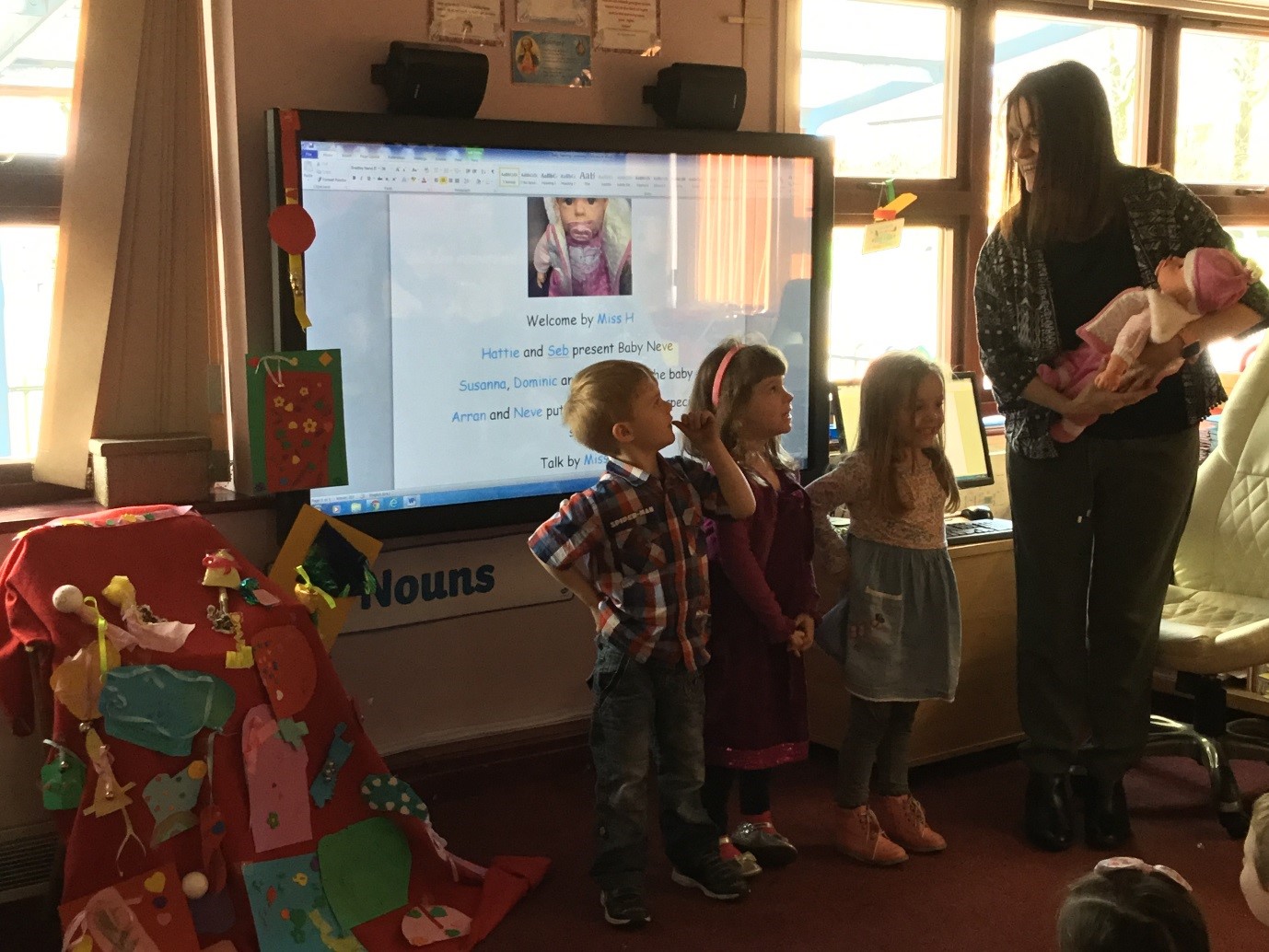
Statement of Intent
The primary purpose of Catholic Religious Education is to come to know and understand God’s revelation which is fulfilled in the person of Jesus Christ. The Catholic school is ‘a clear educational project of which Christ is the foundation.’ In the person of Christ, the deepest meaning of what it is to be human — that we are created by God and through the Holy Spirit united with Christ in his Incarnation — is discovered. This revelation is known through the scriptures and the tradition of the Church as taught by the Magisterium. Religious Education helps the pupil to know and experience the meaning of this revelation in his or her own life and the life of the community which is the Church. Hence ‘the promotion of the human person is the goal of the Catholic school.’
